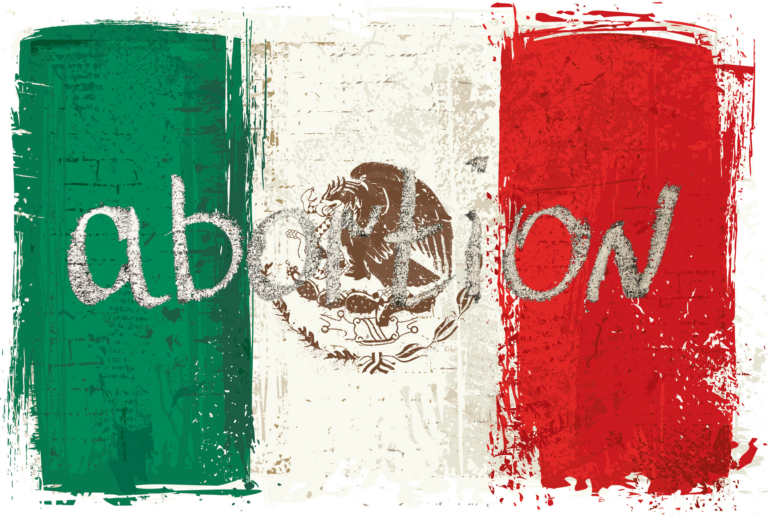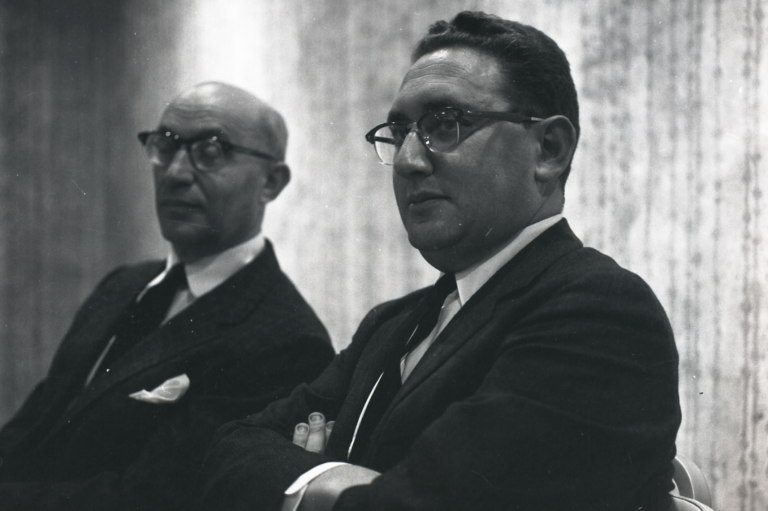Published by Population Research Institute
Research by Julie Wheeland
Executive Summary
In May 2004, The U.S. Food and Drug Administraion (FDA) will act on Women's Capital Corporation/Barr Laboratories application for over-the-counter (OTC) status for so-called "emergency contraception" (EC), the morning-after pill (MAP). Opposition to OTC/MAP involves moral and medical safety/efficacy issues, plus controversies concerning international organizations. Efforts in America to obtain OTC/MAP status are a final step in a coordinated campaign undertaken by international abortion advocacy/population control organizations.
Moral Concerns — Organizations both opposed to and in favor of OTC/MAP have acknowledged the importance of considering the abortion-inducing nature of MAP. Its abortion-inducing function was admitted openly at first by proponents of MAP. As moral opposition intensified, proponents generated new "studies" which attempted to question scientific evidence pointing to the abortion-inducing function of MAP. This moral controversy will worsen if OTC/MAP is approved.
Dangers of MAP — The dangers of MAP were ignored at the December 2003 FDA advisory committee meeting on OTC/MAP. Risks include: ectopic pregnancy; long-term use; pregnancy-related risks; risks of misuse and overdose; increased rates of STD/HIV infection; increased rates of induced abortion; increased rates of sexual violence, and risks associated with interactions with other drugs. Post-marketing surveillance of OTC/MAP will not mitigate these risks.
False and Provocative Advertising — Claims of widespread demand for OTC/MAP appear to have emerged almost overnight. For many years, however, global social marketing campaigns have been quietly laying this foundation. Ad campaigns include strategies to obfuscate its abortion-inducing nature, and make inroads into public school populations. Advertising themes, supported by both USAID and a host of international and domestic abortion groups, have ranged from promoting promiscuity to selling MAP as a solution to rape.
MAP and the International Controversy — In 1995, Dr. Sharon Camp, founder of FDA OTC/MAP applicant Women's Capital Corporation, convened global regional groups for MAP social marketing campaigns, pursuant to a consensus statement ratified by international abortion groups at a special conference in 1995 at Bellagio, Italy. The next year, an International Consortium at which USAID participated succeeded in securing the manufacture of MAP for social marketing worldwide. USAID-funded groups have promoted MAP, to girls as young as 10 years old, in nations where it is illegal to do so.
The Bush Administration should not permit MAP to become standardized by the Department of Health and Human Services. FDA approval for OTC/MAP status should be denied. In addition, the Bush Administration should not include MAP as a method of family planning in foreign programs because of its known health risks and because its action includes abortifacient function.










